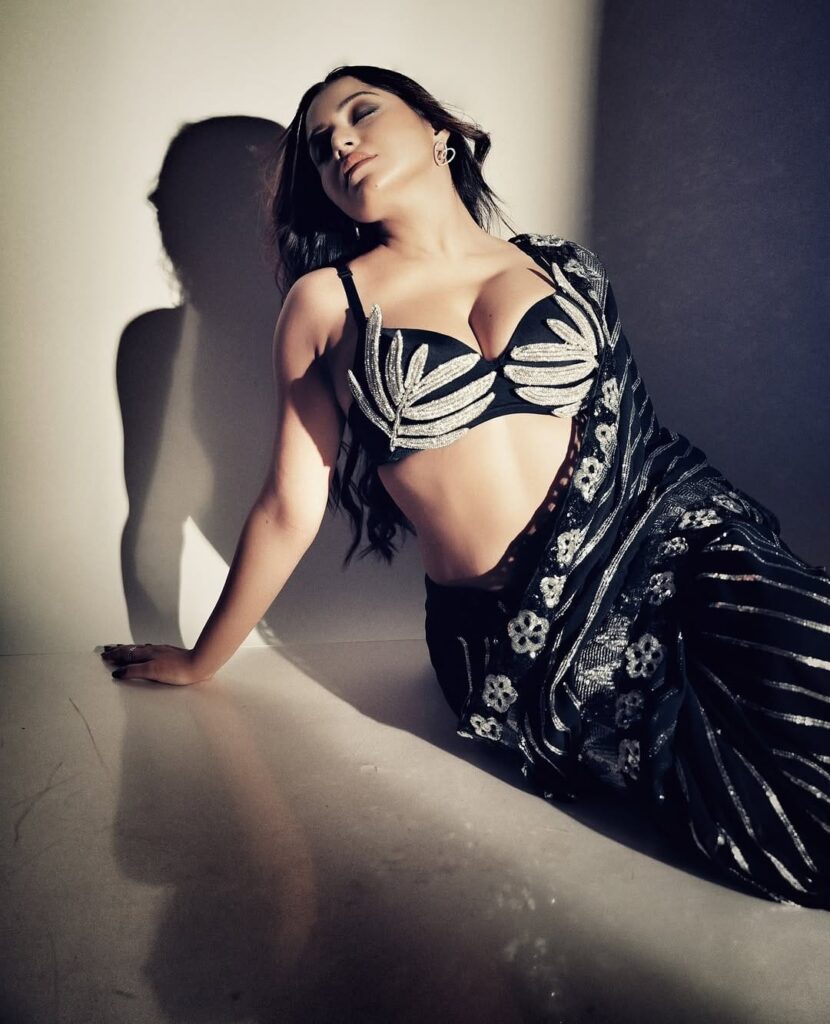Escorts in DHA Phase 11 Lahore, is a slow, deliberate sigh. The angry red sun bleeds into the hazy horizon behind the silhouettes of sprawling farmhouses and manicured rooftops. The manic energy of the day—the honking of cars, the shouts of street vendors on the main boulevard—fades into a low, electric hum. The streetlights, pristine and modern, flicker on, casting long, distorted shadows that dance across high boundary walls.
This is when the facades become most apparent. The walls are not just for security; they are stages for a meticulously curated performance of prosperity. Behind them, lives are lived in slices: a glimpse of a sparkling swimming pool, the murmur of a dinner party, the distant thump of a bassline from a son’s imported German coupe.
And in this theatre of affluence, another performance begins. Its actors do not arrive on stage, but are summoned.
They are the escorts.
To reduce them to that single, transactional word is to misunderstand the entire economy of Phase 11 at night. They are not just women; they are fleeting illusions, temporary companions for the loneliness that luxury can inexplicably cultivate.
Consider Ali, 28, sipping single malt in the cavernous living room of a house his father built. He’s just closed another deal, but the silence of the house is deafening. The congratulatory messages on his phone feel hollow. His thumb scrolls through a discreet, password-protected app. He isn’t looking for sex; he’s looking for a narrative. He selects ‘Sara,’ whose profile suggests a graduate in art history. He needs someone to fill the silence with talk of Renaissance masters and Impressionist light, to make him feel like more than just a custodian of his family’s wealth.
Or Mr. Zaidi, 55, in a five-star hotel suite overlooking the phase’s wide, empty roads. His colleagues have flown back to Dubai, and the solitude of a hotel room is a stark reminder of his transience. He calls an agency known for its discretion. He requests someone elegant, quiet, who can sit with him for an hour, share a meal, and laugh at his jokes without the weary familiarity of his wife of thirty years. He is paying for the illusion of being truly seen, for a moment unburdened by history.
Their arrivals are spectacles of anonymity. They glide in through fortified gates in unremarkable white cars, their faces often partially obscured by designer sunglasses, even at night. They are chameleons. One night, she is a vivacious college student in jeans and a jacket, a burst of youthful energy for a bored heir. The next, she is a vision in a formal shalwar kameez, the perfect accessory to a business dinner, silent and beautiful, affirming her client’s status.
They understand the currency of this world. Their payment is not just in cash—folded neatly and left on a dresser without a word—but in the unspoken rules of the transaction. No real names. No personal details. The illusion must be maintained for both parties. They are masters of emotional logistics, offering calibrated doses of intimacy that feel real enough to satisfy but are brittle enough to shatter the moment the gate swings shut behind them.
They leave as quietly as they come. The white car disappears into the labyrinth of identical wide streets. Behind the high walls, the client is left with the fading scent of perfume and the resettling silence. The performance is over. The illusion, however purchased, has served its purpose.
The walls of Phase 11 stand tall in the morning sun, whitewashed and clean, showing no evidence of the nightly commerce in companionship that fuels its hidden heart. The transaction is complete, the loneliness temporarily banked, and the stage is reset, waiting for the curtain to rise again with the next fall of darkness.


